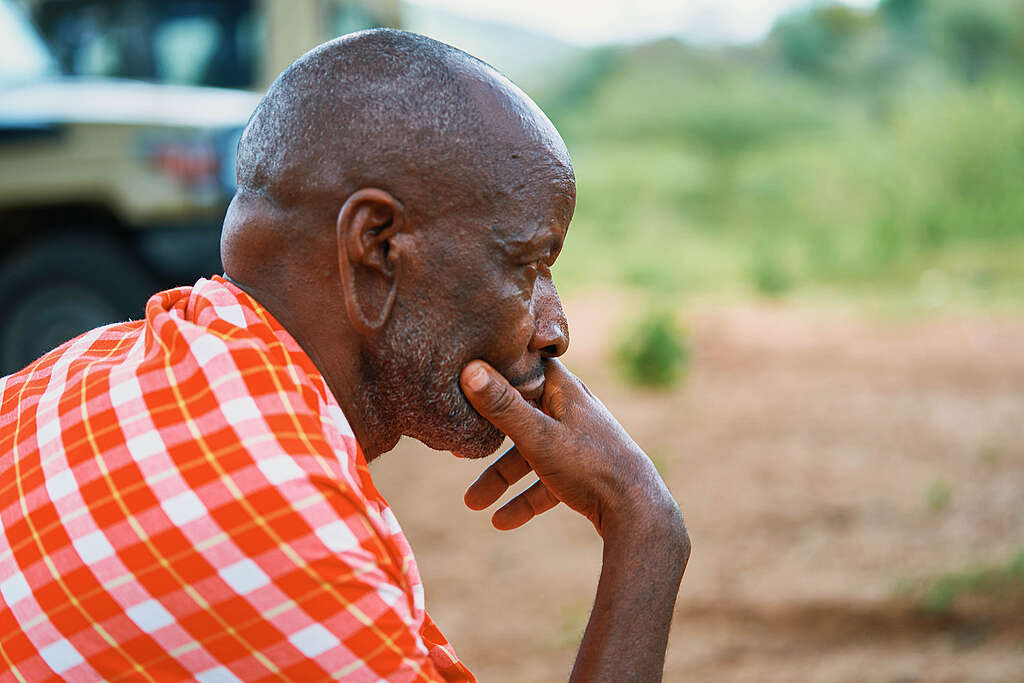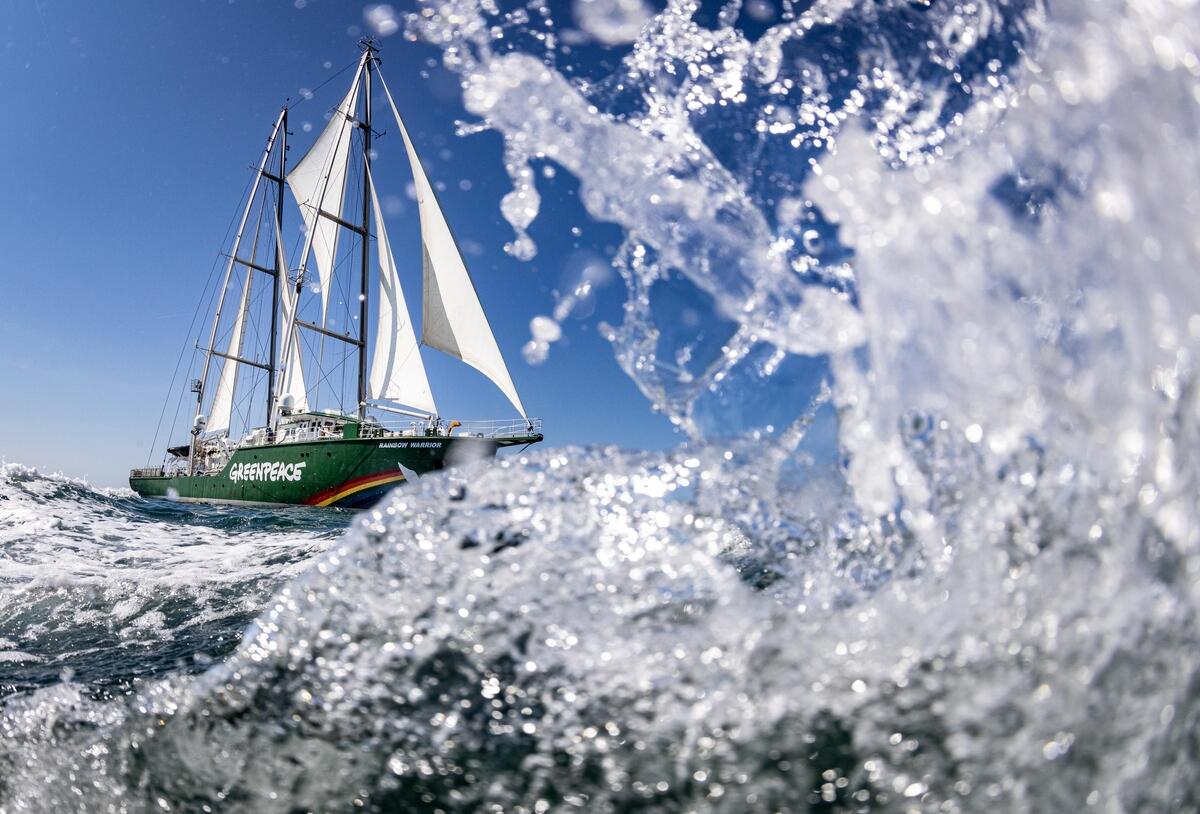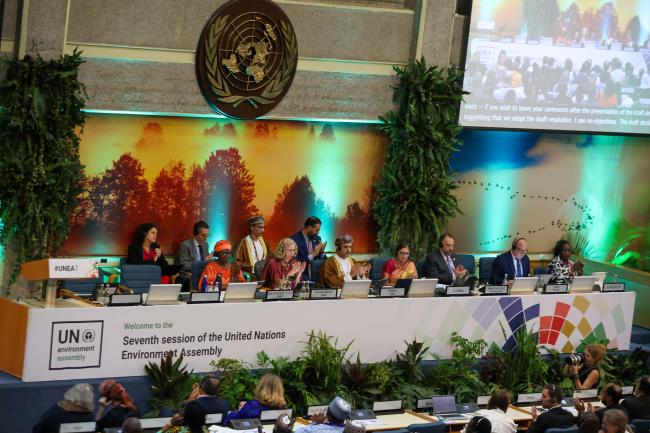
Demand the Tanzanian government protect the rights of the Maasai, stop these evictions and prioritise real solutions to the climate crisis.
SIGN NOWCommunity members, wildlife experts and long-time guides in the Maasai Mara have been raising concerns for months about the Ritz-Carlton Safari Camp being built along the Sand River. Their warnings, now supported by independent reporting, show a development that threatens the balance of the Mara ecosystem and sidelines the rights of the Maasai people whose identity and livelihoods are rooted in this land.
The lodge, which charges around US $3,500 per night, has been constructed in one of the most sensitive parts of the reserve. The Sand River is a vital water source and a key route used by wildebeest, zebras and predators during the Great Migration. Building a large luxury facility on such an important stretch of river adds pressure to an ecosystem already strained by decades of increasing tourism development.
The Kenya Wildlife Service has told the public that the camp will not interfere with wildlife movement, citing historical GPS collar data. However, none of the evidence behind these claims has been shared. The Environmental and Social Impact Assessment, migration studies, zonation maps and permit documents remain inaccessible. Without transparency, it is impossible for Kenyans to verify the assurances being given. When the protection of a fragile ecosystem is at stake, the supporting information must be public, complete and independently reviewed.
For the Maasai community, the impact is not only environmental. Many community members say they were not meaningfully involved in the decision-making process and did not receive clear, accessible information about the project. This continues a long history of developments on Maasai land moving forward without genuine Free, Prior and Informed Consent. Their voices, the voices of the people who have protected the Mara for generations, should never be overlooked.
Of particular concern is the reported treatment of Meitamei Olol Dapash, a respected elder and defender of Maasai rights. After questioning the legality and location of the project, he was allegedly pressured into signing a gag order. Silencing Indigenous leaders contradicts the principles of responsible conservation and fair decision-making. It undermines trust and raises serious questions about how the project was approved.
This public outcry did not begin in the media. It began in the Mara itself, from the people who live with the consequences of environmental decisions every day and who understand the pressures facing the land and wildlife.
Given the seriousness of the concerns raised, Greenpeace Africa is calling for the following:
- Full public release of all documents related to the camp, including the Environmental and Social Impact Assessment, all licences, migration studies, zonation maps and the wildlife movement data used to justify the development.
- An independent ecological and social review conducted by experts with no connection to the developers or approving agencies.
- A cumulative impact assessment of all camps and lodges along the Sand River, recognising that the effect on wildlife cannot be evaluated by looking at one facility alone.
- Protection of community voices, including the withdrawal of any gag orders or pressure placed on Meitamei Olol Dapash or other Maasai community members. People must be free to speak about developments on their land.
- Stronger safeguards for future developments, ensuring that no major tourism project moves forward without full transparency and meaningful community participation.
The Maasai Mara is more than a tourist destination. It is an irreplaceable ecosystem and a cultural homeland that holds deep meaning for the Maasai people and for Kenya as a whole. Protecting it requires honesty, accountability and respect for the communities who have safeguarded it for generations.
Greenpeace Africa is in solidarity with the Maasai community and all Kenyans calling for fairness, transparency and responsible protection of this treasured landscape.



